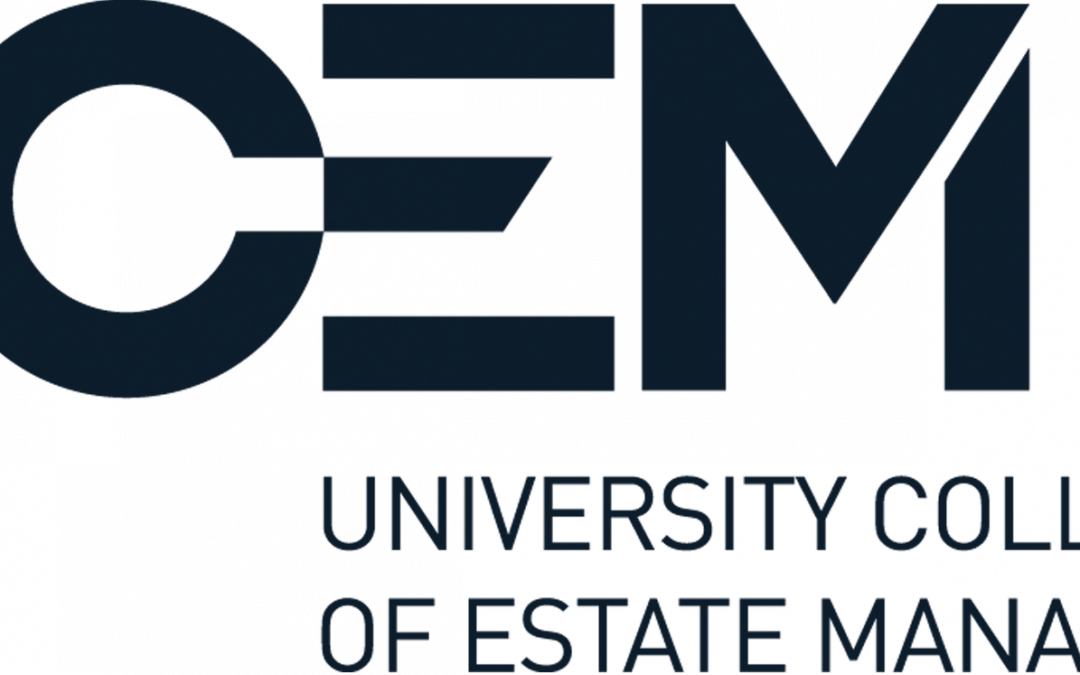Ashley Wheaton, Vice Chancellor of GuildHE member institution UCEM, and GuildHE Board Member, sets out below UCEM’s support of the new GuildHE publication ‘Effective Skills Policy: A Manifesto for Change‘ and its important recommendations relating to the Apprenticeship Levy.
The University College of Estate Management (UCEM) welcomes GuildHE’s new publication ‘Effective Skills Policy: A Manifesto for Change‘. Across its key recommendations, this proposes many reforms which, if enacted, would help support sustainable economic success throughout the UK.
All of the manifesto’s five themes are pertinent to higher education institutions’ role in developing high-level subject knowledge and inculcating their learners with ‘soft skills’. As one of the largest providers of built environment courses in the UK, UCEM was delighted to see the manifesto recognise the role that the higher education sector plays in providing competent professionals and technical specialists across a range of industries.
However, this blog’s focus will be the manifesto’s recommendations around the apprenticeship levy. This is an issue especially relevant to UCEM, with approximately 60% (about 2,500) of our students now studying via an apprenticeship route, via more than 550 employers, ranging from smaller businesses to multi-national companies.
Fairer and more balanced degree apprenticeship funding
The manifesto notes that there are several issues with the functioning of the levy which are limiting the growth of degree apprenticeships.
In UCEM’s view, the most notable of these would include factors like the funding made available towards degree apprenticeships being less than that dedicated to traditional degrees, monies being paid to universities in arrears (rather than upfront, as in the tuition fee model), costs of preparing degree apprentices for end-point assessment and outlays needed to provide ‘wraparound’ care to the apprentice and their employer all combining to make degree apprentices increasingly economically unviable for higher education providers.
Beyond these core problems, of which many of our colleagues in higher education will be acutely aware, UCEM is pleased to see GuildHE propose wider improvements to the system.
In particular, we agree with the manifesto’s assertion that the current financing of higher education is unbalanced and we would argue this presents prospective students with an overly restrictive, binary choice between a more traditional undergraduate degree (funded by the Student Loans system) or a degree apprenticeship (largely financed by their employer’s levy contributions). As the manifesto recommends, UCEM believes that a ‘mix and match’ approach to funding courses should be facilitated by the Department for Education (e.g. by combining monies from the apprentice, their employer and the Student Loans Company).
Enabling Progression: Flexible Pathways for Apprentices
UCEM supports the manifesto’s call for opportunities for apprentices to progress up different qualification levels. We would advocate for more staggered pathways through higher level and then onto degree apprenticeships, to accommodate those who may be daunted by starting a Level 6 apprenticeship.
Within individual apprenticeships, we believe there should be more flexibility in how quickly apprentices must complete their qualification to accommodate the possibility of ‘hop on/hop off’ pathways. This would help the problem, referenced in the manifesto, of those who do drop out of an apprenticeship, often due to temporary personal or domestic factors, finding it difficult to resume their learning,
Leveraging Levy Funds for Professional Excellence
UCEM also supports the proposals in ‘Effective Skills Policy: A Manifesto for Change‘ for liberalising what apprenticeship levy funding can be put towards, such as qualifications accredited by professional bodies or regulators.
Whilst our courses are academically based, all of our bachelors and the majority of our masters level programmes are formally accredited by a relevant professional body (e.g. Royal Institution of Chartered Surveyors, Chartered Institute of Building etc). Professional body accreditation not only ensures graduates are work-ready but also opens up avenues for ‘two-way’ conversations allowing higher education providers to influence the requirements and training regimes of professions. These bilateral discussions can ensure that professional training and/or regulation is kept updated with the latest research and based on rigorous academic evidence, rather than becoming beholden to the potentially more short-term skills needs of employers or passing sectoral trends.
Therefore, we believe that allowing levy funds to be utilised for shorter-form courses accredited by professional bodies/regulators would be an important step in bringing these key partners with the higher education sector as we move towards more modular learning. Doing so would help us collectively react quicker to fill skills gaps, which will become increasingly difficult to predict as technologies such as automation and artificial intelligence become more prevalent.
Making the Skills System Work Better
Although this blog has focused on the manifesto’s asks around the apprenticeship levy, UCEM also welcomes the proposals around regulatory overlap and the need to recognise the role higher education institutions play in providing professional and technical qualifications. UCEM’s own recommendations on these various themes are explained in more detail in our Enabling Successful Built Environment Apprenticeships report (see Section 4).
UCEM would like to thank GuildHE for bringing together the ‘Effective Skills Policy: A Manifesto for Change‘ publication. We believe GuildHE’s member institutions and, more importantly, their students and the particular sector, profession or industry they serve would all benefit from the recommendations made.

